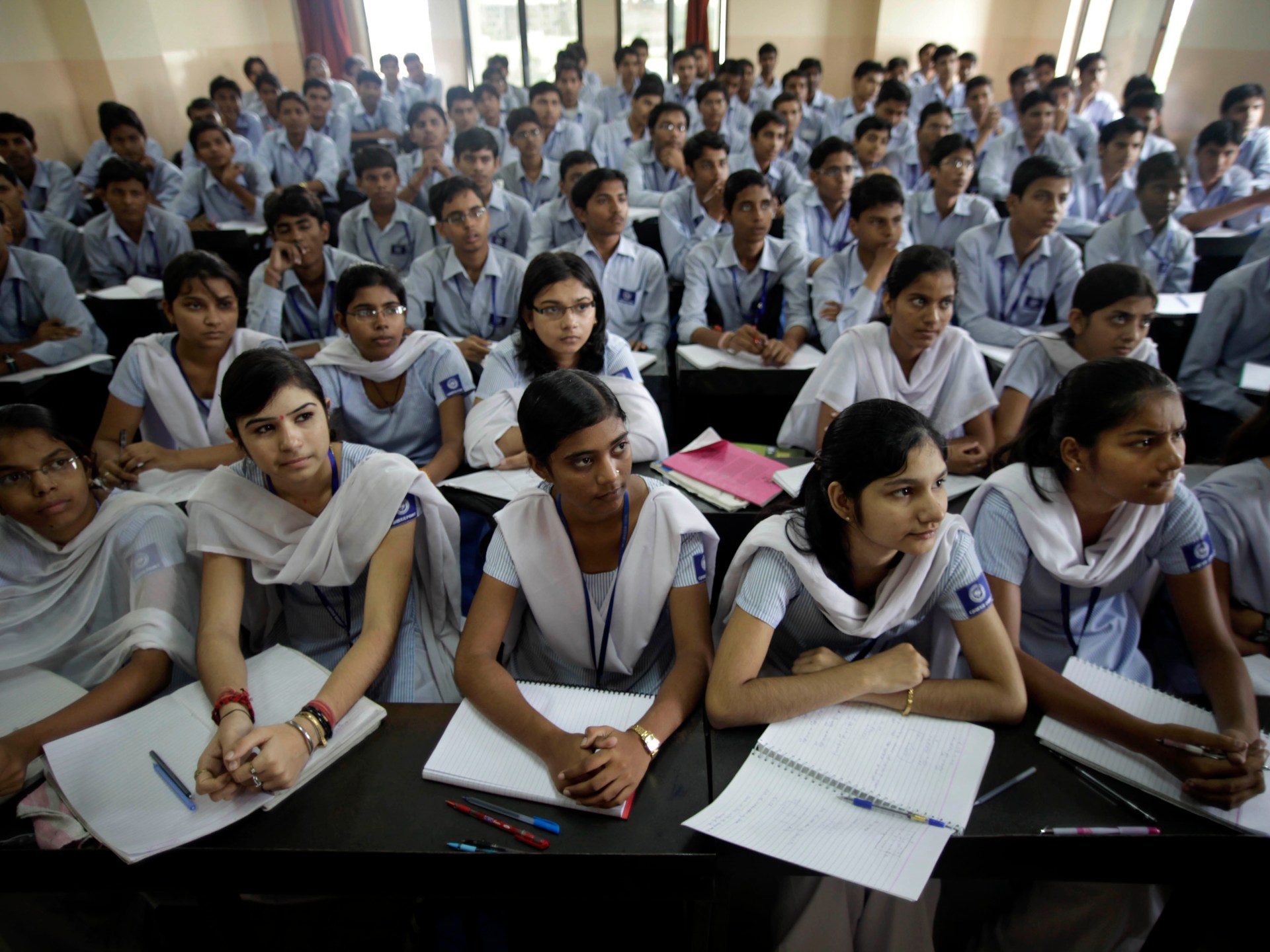This shit is so crazy. A bit of an old news but I don’t know if people outside of India caught wind of this.
The National Testing Agency (NTA), an autonomous body under India’s Ministry of Education that is responsible for holding the nationwide examinations, is at the centre of these controversies over the integrity of the National Eligibility cum Entrance Test (NEET), a national exam for medical aspirants held last month.
There are two NEET exams, one for undergrad and one for postgrad. The former was held but the results have been scrapped. The latter has been postponed. The postponement was announced the night before the exam.
The scale of foul play is something that I have not been able to wrap my head around mostly because I have not read the news articles about this recently. There were reports of some participants getting marks that were mathematically impossible and shit like that.
“Autonomous bodies” have become an extension of the ruling party. For example, BJP uses the Election Commision to arrest opposition leaders and freeze the funds of opposition parties. I wouldn’t be surprised if the NTA was chock full of deadbeat BJP lackeys. Truly a terrible time to be an Indian right now.



I’ll be honest I don’t think there are limited resources when it comes to medical schooling, at least in large and/or wealthy countries. The United States could train 10 times as many doctors as we currently do.
I also don’t really see how entrance exams fix that problem even if it does exist. They aren’t entrance exams you take right out of high school, you take them after already taking several years of advanced schooling. So those people are still taking up resources.
You can have “entrance exams” in the same way community colleges do, which is “Can you do algebra and read? If not we’ll have to go back over those.” and then have the first couple years be the fundamentals premed students learn in undergrad. If you couldn’t pass organic chemistry before you still wouldn’t be able to in this version.
Privatization of education isn’t really the problem with medical school (at least in the US), most med schools are at public universities. But they still artificially limit admission and the total students admitted across the country is less than the number of doctors we need and less than the number of students who want to be doctors.
I know this is how it is in US and Canada at least but NEET is taken after high school. Just putting it out there for those unaware.
Ah yes, I did not know that. That seems like a bad idea. I know Germany does something similar and it seems like a bad idea there too.
Another hot take, tests you take as a high schooler should not impact the rest of your life
Yeah. I didn’t mean to imply that kids who can’t tell ass from mouth should have their career locked in at the age of 18.
You are right in that I should clarify with regards to limited resources; I mean developed infrastructure (both “soft” and hard eg people and buildings) in the context of an underdeveloped country like India and the uneven development in wealthier capitalist countries taken as a whole.
Furthermore we should also consider a privatised system can include “public” infrastructure systems in a capitalist country (there are myriad ways one could analyse this from the financialisation of tuition fees to the contracting out of education materials and infrastructure that is overwhelmingly dictated by the private sector).
My argument is not really for or against entrance exams (this should be determined through peer reviewed research and may be discipline specific) but there are other loci of focus that are of greater importance to avoid higher education just reflecting wealth demographics and bourgoisie sensibilities including the artificial scarcity of higher paid labour.
I also tend to lean towards Paolo Friere’s Pedagogy of the Oppressed on a more enlightened path for education.
Addendum: I should add that I actually agree with your initial premise that medical schools should have neither entrance exams nor lower degrees; there are places in the world (geographical/historical) where this is/was the reality. However, we should work towards overthrowing the systems that generate the constraints that you have outlined. We shouldn’t just treat the injury of a fallen patient but also question why the patient collapsed in the first place.